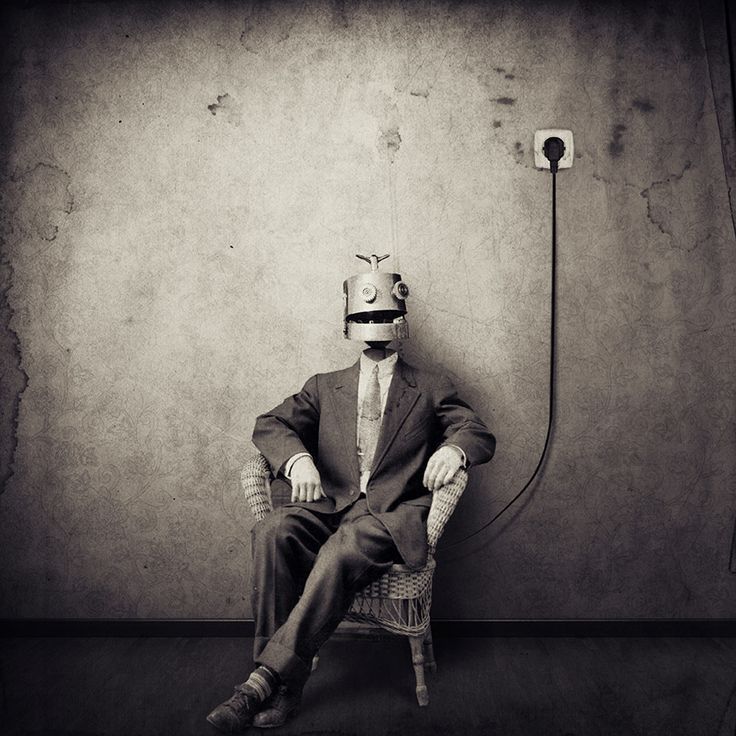This sensor explosion is only starting: Huawei, a Chinese maker of computing and communications equipment with $47 billion in revenue, estimates that by 2025 over 100 billion things, including smartphones, vehicles, appliances and industrial equipment, will be connected to cloud computing systems.
The Internet will be almost fused with the physical world. The way Google now looks at online clicks to figure out what ad to next put in front of you will become the way companies gain once-hidden insights into the patterns of nature and society.
G.E., Google and others expect that knowing and manipulating these patterns is the heart of a new era of global efficiency, centered on machines that learn and predict what is likely to happen next.
“The core thing Google is doing is machine learning,” Eric Schmidt, Google’s executive chairman, said at an industry event on Wednesday. Sensor-rich self-driving cars, connected thermostats or wearable computers, he said, are part of Google’s plan “to do things that are likely to be big in five to 10 years. It just seems like automation and artificial intelligence makes people more productive, and smarter.”•
Quantifying our behavior is likely only half the task of the Internet of Things, with nudging us the other part of the equation. I don’t necessarily mean pointing us toward healthier choices we wouldn’t necessarily make (which is dubious if salubrious) but placing us even more inside a consumerist machine.
Somewhat relatedly: Quentin Hardy of the New York Times looks at how the data-rich tomorrow may mostly benefit the largest technology companies. An excerpt:
Tags: Eric Schmidt, Quentin Hardy

